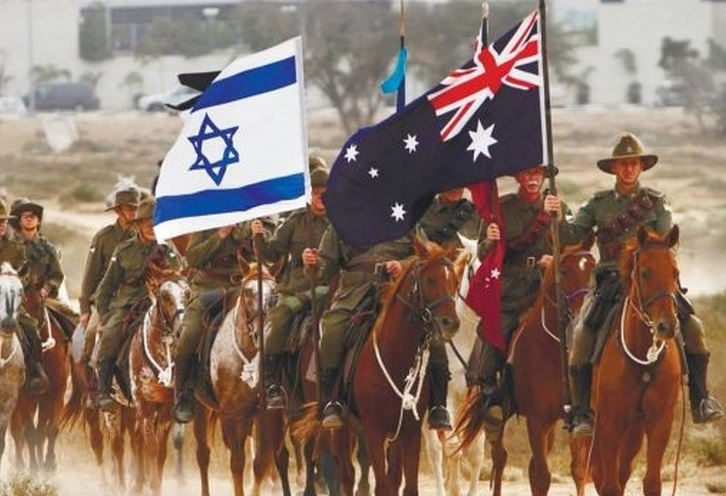It was Australia’s first great World War I victory and history’s last great cavalry charge. So why has it been forgotten in favour of the tragic defeat at Gallipoli?
The 4th and 12th Light Horse Brigades had ridden through the desert all night, bridles and stirrups muffled to silence their advance. The dust was so thick that even in daylight the troopers – all volunteers, all young men from NSW and Victoria – couldn’t see past their horse’s heads.
It was October 31, 1917, and they were about to make an extraordinary attempt on the fortified desert town of Beersheba, in what is now Israel.
Their commanders planned an audacious surprise attack on the strategically significant town, which was held by the Turks and was the only source of water in the region.
If they didn’t prevail, the Australian men and their horses – who had already gone two days without water – faced dying of thirst, if they weren’t captured by the enemy.
“Very few Australians know about the Australian-led victory at Beersheba, which was actually the turning point in a three-year campaign to defeat the German-led Turks in Palestine,” war historian and author Jonathan King told SBS World News.
“That was a big victory… Once they conquered Beersheba, the gates were thrown open for the rest of the campaign in Palestine.”
Read the article and watch the video clip from SBS TV.

